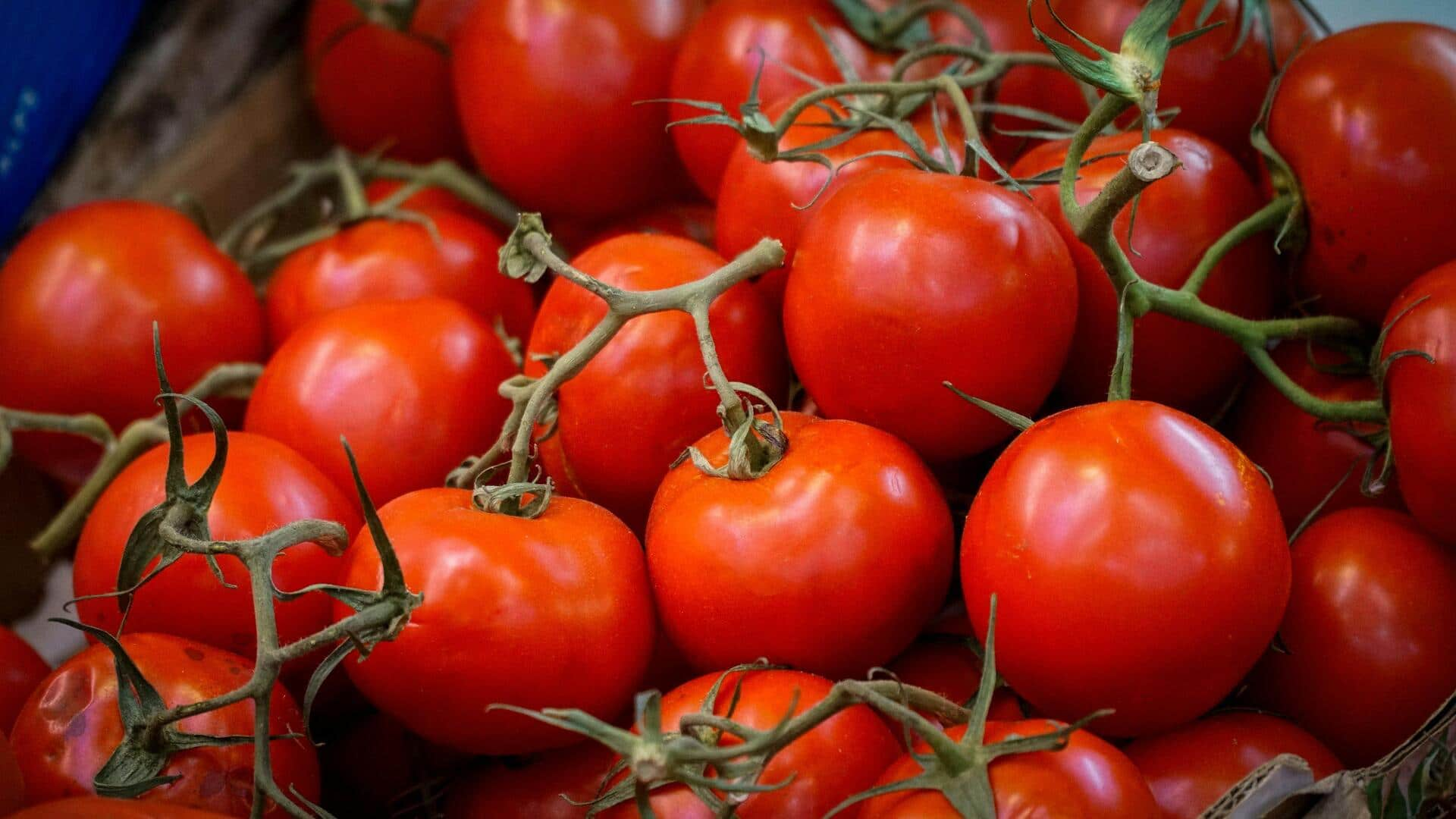
Nightshade vegetables: Separating fact from fiction
What's the story
Nightshade vegetables, such as tomatoes, potatoes, and eggplants, are often the subject of controversy when it comes to health. Some people believe these vegetables can cause inflammation or other health issues. However, these claims are largely based on myths rather than scientific evidence. In this article, we will debunk common myths about nightshade vegetables and highlight their nutritional benefits.
#1
Myth: Nightshades cause inflammation
One of the most common myths is that nightshade vegetables cause inflammation. This belief stems from the presence of alkaloids in these plants. However, scientific studies have found no direct link between consuming nightshades and increased inflammation in healthy individuals. In fact, many nightshades are rich in antioxidants and vitamins that can help reduce inflammation.
#2
Myth: Nightshades are toxic
Another myth is that nightshade vegetables are toxic to humans. While some alkaloids can be harmful in large quantities, the levels present in common nightshades are safe for consumption. These vegetables have been a part of human diets for centuries without any toxic effects on the majority of the population.
#3
Myth: Avoid nightshades for joint pain
People with joint pain are often told to avoid nightshades. However, there is no conclusive evidence to support this recommendation for most people. Some studies suggest a small percentage of individuals may be sensitive to these foods, but it's not a universal issue. For most, eating nightshades doesn't worsen joint pain and can even provide beneficial nutrients.
#4
Myth: Nightshades offer no nutritional value
Some people think nightshade vegetables don't add any nutrition to our diets. But, that's far from the truth! Tomatoes, potatoes, and eggplants are loaded with vitamins A and C, potassium, fiber, and antioxidants. These nutrients are essential for our health and well-being, making these vegetables a great addition to a balanced diet.